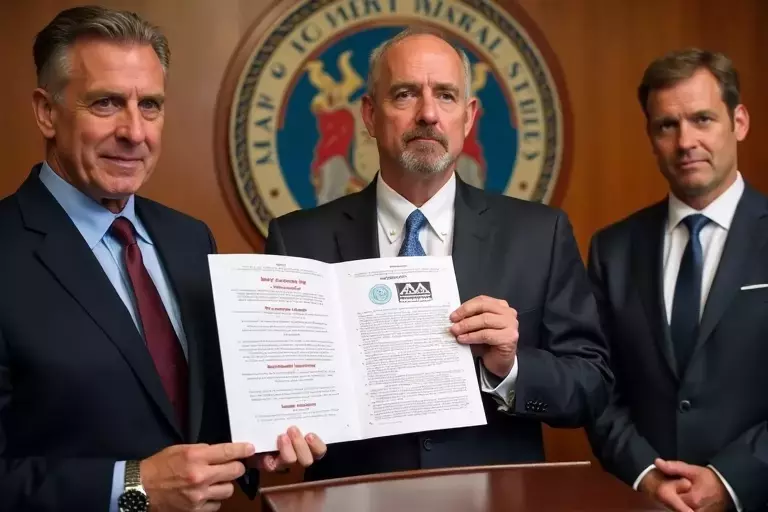








Recently, a newly released set of recommendations from a task force in New Jersey suggests that the state should adopt stricter regulations on gambling advertisements and enhance resources for gambling addiction. The report also emphasizes the importance of educating younger individuals about the risks associated with gambling activities. Among these proposals is an increase in the legal betting age for certain types of gaming, including bingo, raffles, amusement games, lottery, horse racing, and fantasy sports, raising it from 18 to 21 years old. These recommendations stem from findings indicating higher rates of gambling problems within the state, particularly among Black and Hispanic communities.
Established last June by Governor Phil Murphy, the Responsible Gaming Task Force was formed following a Rutgers University report highlighting disparities in gambling-related issues across New Jersey compared to national averages. One issue noted in the report concerns inconsistencies in the state's gambling age rules, where some forms of gambling are accessible to those as young as 18, potentially normalizing risky behaviors.
Governor Murphy has expressed support for the findings presented by the task force, acknowledging New Jersey's leadership role in the gaming industry while emphasizing the responsibility to safeguard residents' well-being. Despite this, responses from relevant industries, such as the Casino Association of New Jersey and the Standardbred Breeders and Owners Association, have yet to be forthcoming regarding these recommendations.
The task force advocates for more prominent warnings on gambling advertisements to combat 'message fatigue,' suggesting various iterations of cautionary messages to maintain effectiveness. Additionally, educational programs targeting children as early as elementary school aim to demystify gambling concepts and highlight their associated psychological and financial risks.
Changes to the state’s Alcohol and Drug Counselor committee were also proposed, focusing on expanding treatment options specifically for gambling addiction rather than bundling it with other addictions. Furthermore, the elimination of oral exams for addiction counselors was recommended, streamlining certification processes.
Under the leadership of State Attorney General Matthew Platkin, the task force aims to build upon New Jersey's existing data-driven responsible gaming tools. By implementing these thoughtful recommendations, the state seeks to strengthen its support systems for individuals affected by gambling addiction, ensuring comprehensive care for those most in need.
Through these strategic initiatives, New Jersey continues to demonstrate its commitment to addressing gambling addiction comprehensively. By enhancing regulatory frameworks and fostering awareness through education, the state positions itself at the forefront of responsible gaming practices, aiming to protect both current and future generations from potential harm.
